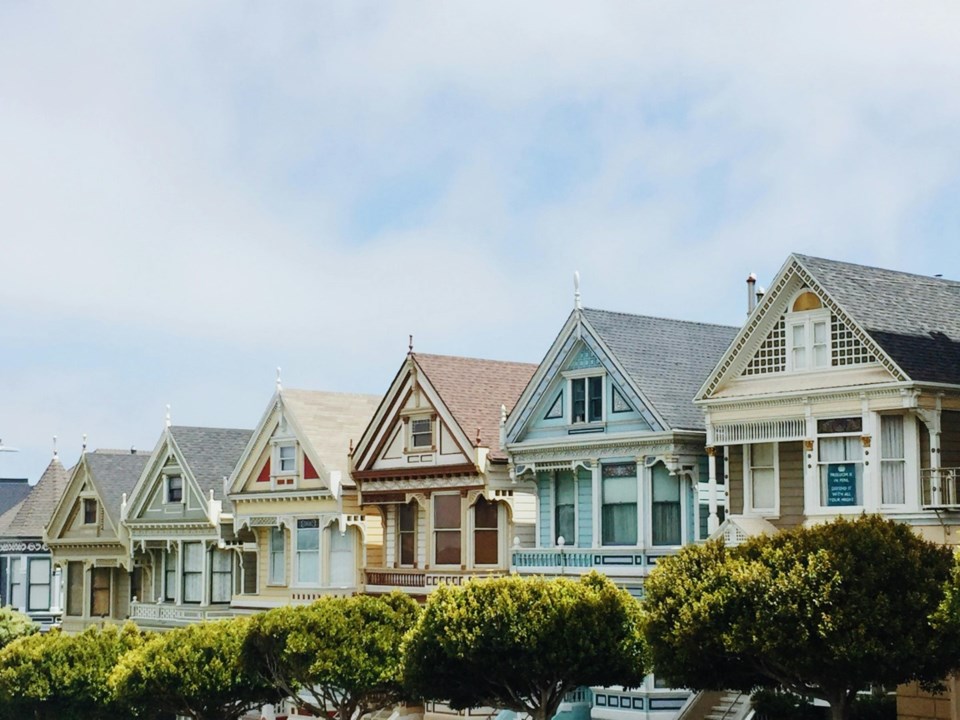Actions speak louder than words. That’s especially true when those words come from a politician with a track record of breaking promises and hiking taxes.
Prime Minister Justin Trudeau says he won’t send the taxman after Canadians’ homes. But if Trudeau wants Canadians to believe he won’t impose a home equity tax, there’s one thing he must do: end the CRA’s home reporting requirement.
In 2016, the Trudeau government made it mandatory for Canadians to report the sale of their primary residence even though it’s tax-exempt. If you sell your home, the CRA wants to know how much money you received from that sale. But if the taxman isn’t taxing it, why is the taxman asking that question? Is the CRA just curious?
Conservative Leader Pierre Poilievre confirmed to the Canadian Taxpayers Federation (CTF) that he would remove this reporting requirement if he forms the government.
Trudeau must do the same. Otherwise, Canadians should worry a home equity tax is right around the corner. As Toronto Sun Columnist Brian Lilley recently wrote, “For Justin Trudeau and his Liberal Party, taxing your primary residence is a bad idea they just can’t quit.”
On June 25, Trudeau attended “a private town hall about generational fairness” hosted by Generation Squeeze, a group advocating for home taxes.
What do you notice about the theme of that town hall? The government recently used the cloak of generational fairness to impose its capital gains tax hike.
The Trudeau government also spent hundreds of thousands of dollars funding and promoting a report from Generation Squeeze that complained of the “housing wealth windfalls gained by many homeowners while they sleep and watch TV.”
The report recommended charging a tax on homes valued above $1 million. The tax would cost Canadians up to $5.8 billion every year, and it would hit many normal Canadians. The typical home price in British Columbia and Toronto is above $1 million.
Trying to improve affordability with tax hikes is like trying to boil water in your freezer. Higher taxes won’t make homes affordable.
Consider this insight 50 pages into the report:
“Owners of homes valued over $1 million that include informal rental suites may try to recover the surtax by passing some of its cost on to renters.”
It turns out higher taxes can make things cost more.
The head of Generation Squeeze, Paul Kershaw, was invited to a cabinet ministers’ retreat in Charlottetown last summer.
Documents uncovered by the CTF show staff in the prime minister’s office met twice with Kershaw, which included “a briefing about the tax policy recommendation.”
Trudeau has an appetite for taxing people’s homes. His recent capital gains tax hike will impact Canadians who sell secondary residences and cottages. He imposed a so-called anti-flipping home tax. Trudeau also taxes homes that the government deems “underused.”
With Trudeau scrounging through the couch cushions looking for more money to paper over his deficits, Canadians should worry a home equity tax is next.
A home equity tax would come with a big bill for a young couple looking to upgrade to a family home or for grandparents who rely on the equity in their home to fund their golden years.
For example, Canadians who bought their Toronto home for $250,000 in 1980 and sold it for $1.2 million today would pay between $50,000 and $190,000, depending on the type of home equity tax.
The Trudeau government has repeatedly flirted with home equity taxes. The only way for Trudeau to put Canadians’ minds at ease is to act and remove the requirement for taxpayers to report the sale of their homes to the CRA.
Franco Terrazzano is the Federal Director of the Canadian Taxpayers Federation.




